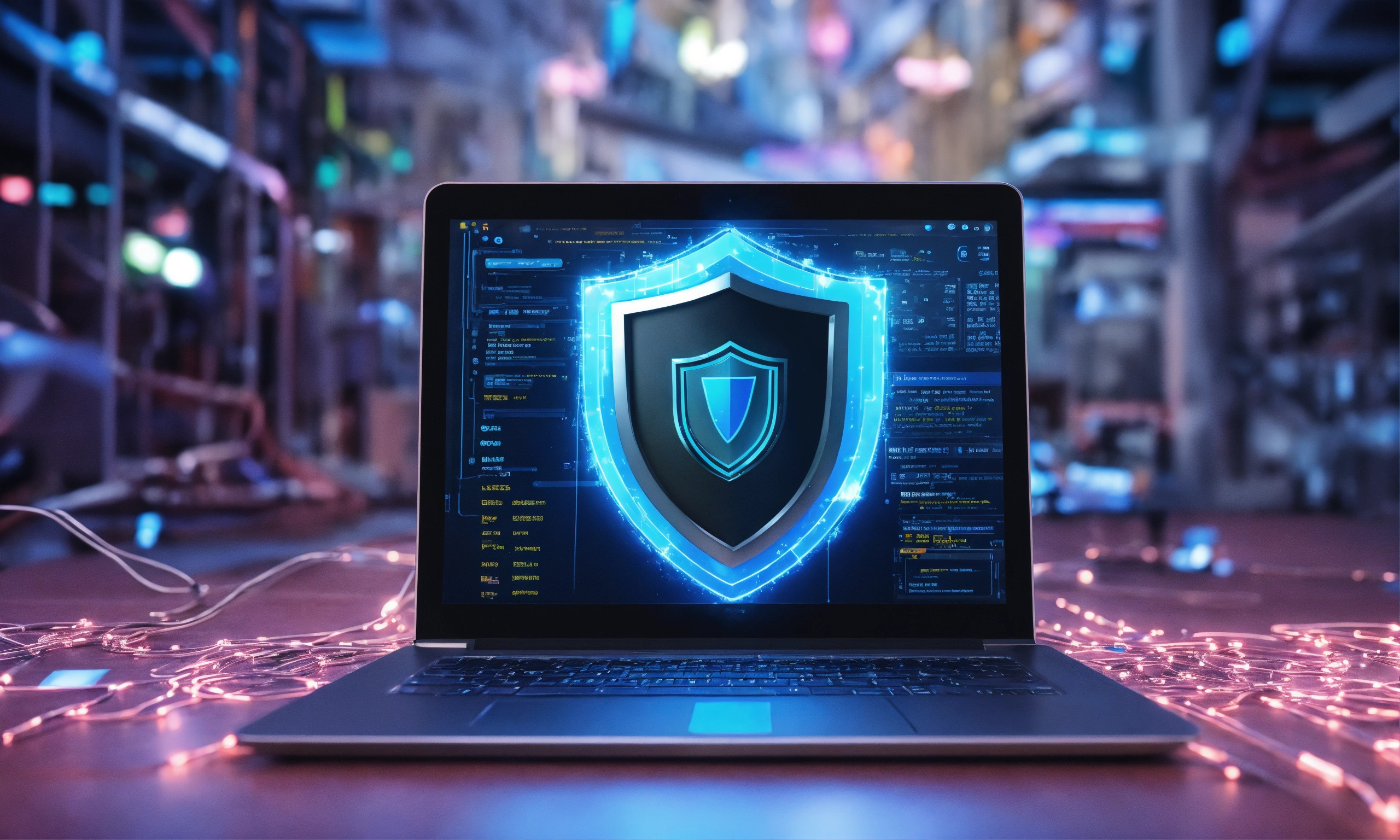Introduction: Why Cybersecurity is Critical for Car Accident Lawyers
In an era where 97% of law firms store client data digitally, car accident attorneys are prime targets for cybercriminals. A single breach can expose:
✔ Medical records
✔ Financial information
✔ Social Security numbers
✔ Insurance details
The American Bar Association (ABA) reports that 29% of law firms have experienced a data breach, with personal injury practices among the most vulnerable. This guide explores:
-
Top cybersecurity threats facing auto accident lawyers
-
Real-world examples of legal data breaches
-
Step-by-step protection strategies
-
Ethical obligations under ABA rules
Whether you’re a solo practitioner or part of a large firm, these insights will help you secure client data and maintain compliance.
1. Top Cybersecurity Threats for Car Accident Lawyers
A. Phishing & Social Engineering Attacks
How It Happens:
-
Fake emails impersonating courts, insurers, or clients
-
Malicious links/downloads in settlement offer attachments
Example:
A Florida PI firm lost $250,000 when a hacker posed as a client requesting a wire transfer.
B. Ransomware Attacks
Why Law Firms Are Targeted:
-
Time-sensitive cases increase willingness to pay ransoms
-
Often lacks enterprise-level security
Impact:
One firm paid $50,000 to recover encrypted case files after a ransomware attack.
C. Cloud Storage Vulnerabilities
Common Risks:
-
Misconfigured Dropbox/Google Drive permissions
-
Unsecured client portals
Case Study:
A breach at a Texas firm exposed 3,000 client files due to an unencrypted cloud backup.
2. Ethical & Legal Obligations for Data Protection
ABA Model Rules on Cybersecurity
Lawyers must:
🔹 Safeguard client data (Rule 1.6 Confidentiality)
🔹 Stay technologically competent (Rule 1.1 Competence)
🔹 Disclose breaches promptly (Rule 1.4 Communication)
State-Specific Requirements
-
California: CCPA mandates breach notifications within 72 hours
-
New York: SHIELD Act requires encryption of private data
3. Step-by-Step Cybersecurity Protection Plan
A. Essential Security Tools
| Tool Type | Recommended Solutions |
|---|---|
| Email Filtering | Mimecast, Proofpoint |
| Endpoint Protection | CrowdStrike, SentinelOne |
| Encrypted Cloud Storage | Box, Tresorit |
| Password Manager | LastPass, 1Password |
B. Employee Training Protocols
-
Monthly phishing simulations (KnowBe4)
-
Secure file-sharing policies
-
Two-factor authentication (2FA) enforcement
C. Incident Response Checklist
-
Isolate affected systems
-
Notify clients/regulators per state laws
-
Engage a digital forensics team
-
Audit security gaps
4. Real-World Consequences of Poor Cybersecurity
Financial Penalties
-
$200,000+ HIPAA fines for exposed medical records
-
Malpractice claims from compromised cases
Reputation Damage
After a breach, 23% of law firms lose clients (ABA survey).
5. Emerging Threats in 2024
AI-Powered Cyberattacks
-
Deepfake voice scams impersonating clients
-
ChatGPT-generated phishing emails
IoT Vulnerabilities
-
Hacked office smart devices as entry points
FAQs: Cybersecurity for Auto Accident Lawyers
1. What’s the #1 cybersecurity mistake law firms make?
Using weak passwords (like “Password123”) across multiple accounts.
2. Does cyber insurance cover ransomware payments?
Some policies do, but prevention is cheaper than recovery.
3. How often should we update our security protocols?
Quarterly reviews with annual penetration testing.
4. Can small firms afford enterprise-level security?
Yes—scalable solutions like Cisco SecureX start at $50/month.
5. What’s the first step to improve cybersecurity today?
Enable two-factor authentication on all accounts.
Conclusion: Proactive Protection Beats Reactive Repairs
For car accident lawyers, cybersecurity isn’t optional—it’s:
🔐 An ethical duty under ABA rules
💰 A financial imperative to avoid fines/lawsuits
🏆 A competitive advantage for client trust
About the Author
John R. Delgado is a legal tech analyst and former litigation paralegal specializing in personal injury and transportation law. With over a decade of experience helping attorneys leverage data in court, he now writes full-time on law, AI, and justice.

